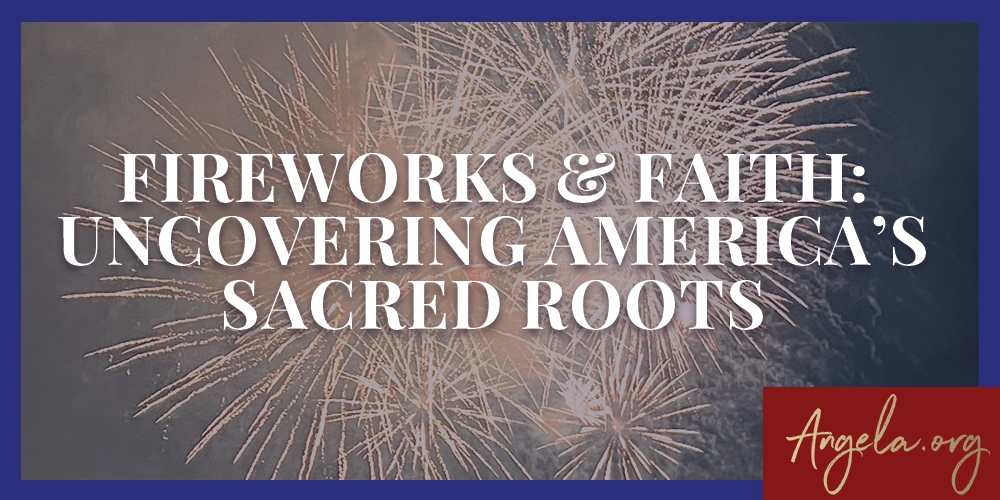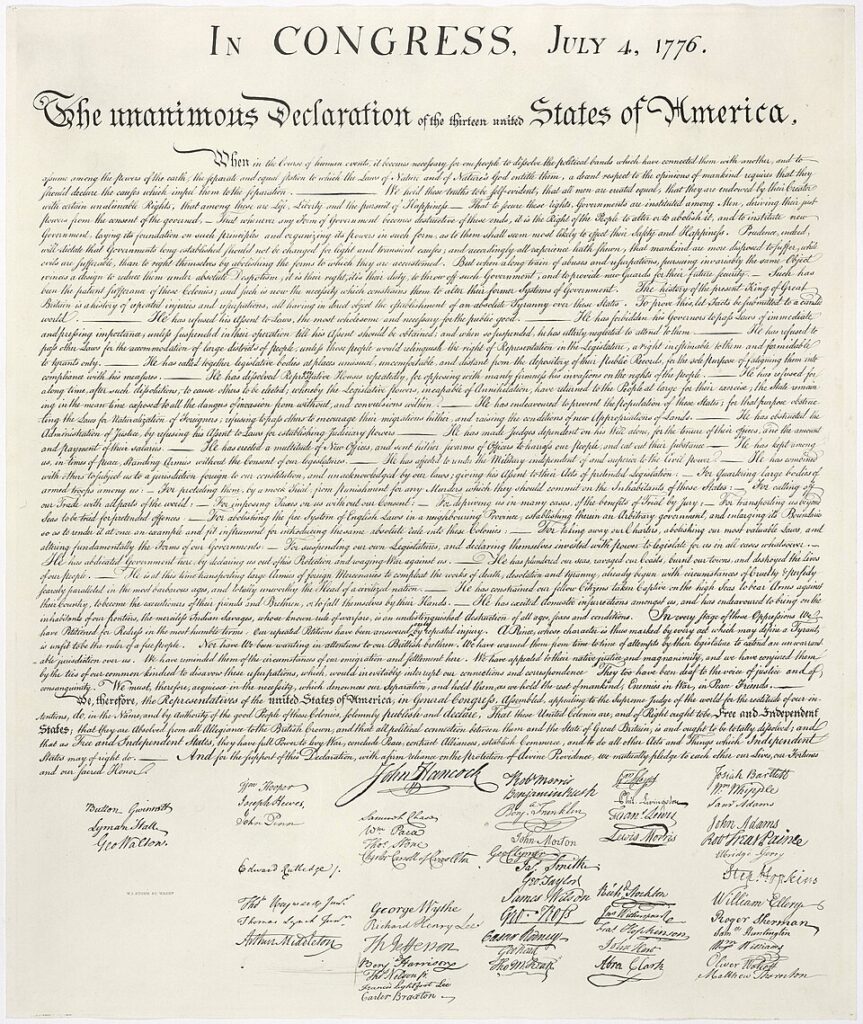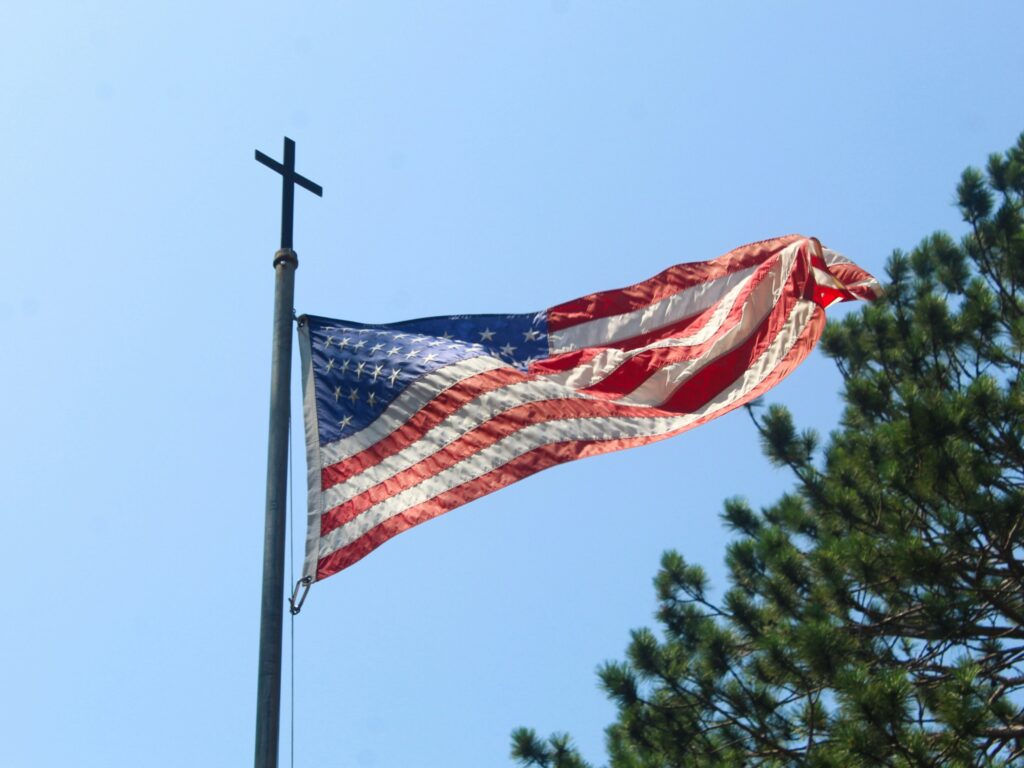
 Greetings from 30,000 Feet: I’m writing to you during a flight from London to Orlando, soaring high above the Atlantic, eager to reconnect with family and friends and to celebrate the Fourth of July — a holiday rooted in history, faith, and the enduring pursuit of liberty. Living between the United Kingdom and the United States offers a unique perspective—moments of nostalgia, spirited debates, reflections on shared history, and hope for a future built on mutual understanding. Despite the conflicts of the past, including the Revolutionary War and the War of 1812, our nations have forged a resilient relationship. Today, we stand side by side in the ongoing fight for peace and freedom, and I thank God for that unity.
Greetings from 30,000 Feet: I’m writing to you during a flight from London to Orlando, soaring high above the Atlantic, eager to reconnect with family and friends and to celebrate the Fourth of July — a holiday rooted in history, faith, and the enduring pursuit of liberty. Living between the United Kingdom and the United States offers a unique perspective—moments of nostalgia, spirited debates, reflections on shared history, and hope for a future built on mutual understanding. Despite the conflicts of the past, including the Revolutionary War and the War of 1812, our nations have forged a resilient relationship. Today, we stand side by side in the ongoing fight for peace and freedom, and I thank God for that unity.

You have to have festive nails, right!?
My go-to recipe is my mom’s Betty Crocker version—reliable, delicious, a perfect 10 out of 10. But once, I experimented by swapping mayonnaise for Greek yogurt. Let’s just say, that’s a culinary experiment best left untried on the Fourth of July! No true American potato salad is complete without a dash of paprika—spices that remind us of how flavor and tradition are intertwined. For me, the quintessential Florida celebration involves barbecues with meats (no tofu hot dogs!), fireworks illuminating the night sky, brass bands, parades, and the lively spirit of community. And, of course, every great Southern celebration comes with its share of flies, ants, and heat—so stay hydrated!

Declaration of Independence
Authored chiefly by Thomas Jefferson, the Declaration boldly proclaimed that all men are “endowed by their Creator with certain unalienable Rights.” This language reflects a biblical worldview—affirming that human dignity and liberty are divine gifts. Many of the founding fathers, devout Christians themselves, believed true freedom could only be rooted in God’s sovereignty. John Adams, a fervent supporter of religious faith, argued that Independence Day should be celebrated with “solemn acts of devotion to God Almighty.” Samuel Adams emphasized the divine authority of their cause, declaring, “We have this day restored the Sovereign to Whom all men ought to be obedient.”
 For believers, July 4th is not only a day of celebration but also a call to stewardship. Galatians 5:13 reminds us, “You were called to freedom, brothers. Only do not use your freedom as an opportunity for the flesh, but through love serve one another.” Our liberty, secured through divine grace and sacrifice, is a sacred trust—an opportunity to embody Christ’s love and justice both locally and globally.
For believers, July 4th is not only a day of celebration but also a call to stewardship. Galatians 5:13 reminds us, “You were called to freedom, brothers. Only do not use your freedom as an opportunity for the flesh, but through love serve one another.” Our liberty, secured through divine grace and sacrifice, is a sacred trust—an opportunity to embody Christ’s love and justice both locally and globally.


